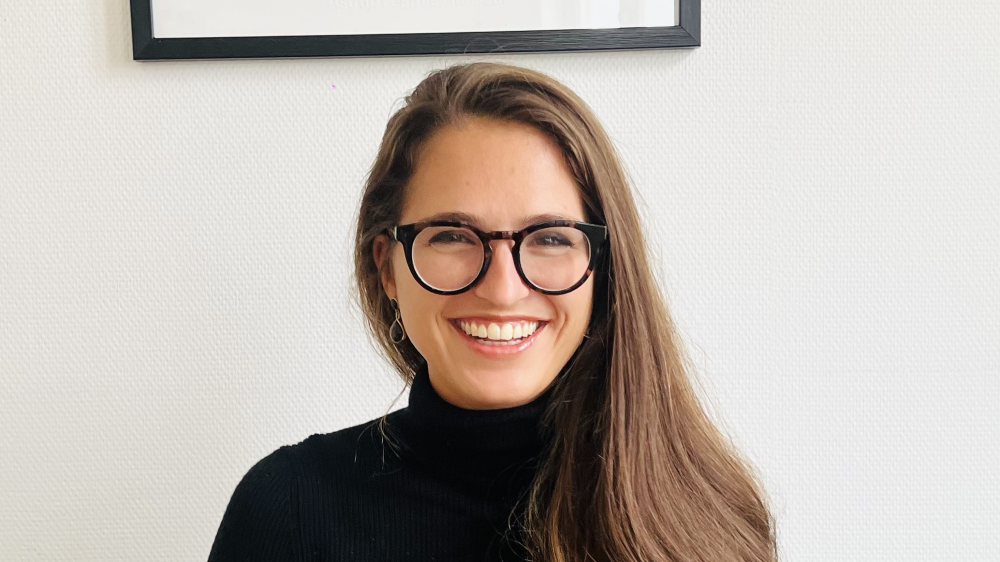What do you work as?
Right now, I am working as an advisor at SEIF, self-help for immigrants and refugees, in Bergen. I started working there this July and I am also working on finishing my master’s thesis this November, so I’m kind of working double right now. My thesis is about the Norwegian integration system for refugees, so the work I am doing is quite relevant to my thesis, but I would probably recommend finishing your thesis first and start working afterwards.
How did you get your current job?
I got the job through my fieldwork. I got to know SEIF through my fieldwork in a small Norwegian municipality. One of the refugees I was working with had an appointment at a SEIF office, so I went there, and it turned out that SEIF had been at a conference. Several employees from the organization were gathered in one place and I had the chance to get to know them. I talked to a lot of them, and we kept in touch. A few months later I got a phone call from one of them about a job opening for a temporary position. He remembered me from our previous meetings and wondered if I would like to take the job.
What do you think were the most important reasons why you got the job?
I think that in the field that I am working in now being passionate about the job is very important. Additionally, being able to see the bigger picture is something that is also important. It is often easy to lose yourself in specific cases and details, but as an anthropologist you learn to try to understand and explore the causes behind these cases. Having these skills and the passion for the work is something I believe was important.
What are your main tasks in the workplace?
My main task is to support refugees in their interactions with Norwegian authorities. This can for example be helping them fill out applications for renewal of their residence permit or for family reunion. We have an open office with drop-in, so everyone who is not a Norwegian citizen and needs assistance can come to us. We also work on preserving the rights of those that come to us, and help them file complaints against UDI or NAV. We also try to do some advocacy, but since there are only two employees at the office there has been a little less of that for a while now.
What are you working on right now?
This coming Monday I have an appointment with someone who needs to renew their residence permit and someone who needs to apply for Norwegian citizenship. I also have an ongoing case in which German authorities are involved, so I am trying to figure out how to solve the chaos that ensues when two national authorities try to communicate. And then I am also going to an integration conference in Oslo next Monday.
What is the best part of your job?
What I like the most about my job is that I get to meet people face to face, and that I can help them to navigate a system that is not at all adapted to their needs or wishes. Being able to do my small part in working against this system and making a difference is extremely satisfying.
What is most challenging?
What is most challenging is to see the structural failures and the injustice that impacts the already marginalized group we’re working with, and that it isn’t possible for us to change these structures. It can be extremely frustrating. For example, we often experience that refugees who come to us have not been told by the authorities that there is a deadline for applying for a family reunion, and then we are the ones who have to tell them that we can’t bring their children to Norway, and that hurts.
How do you use your education from UiO in your work?
I learned Norwegian at UiO, so I use that a lot. Otherwise, learning to write academically and how to form a good argument has been really useful for writing official complaints. Generally, I would say that the ability to ask questions, to think critically, to be open, and to try to understand why people do the things they do is something I use a lot.
Which activities did you engage in during your studies that prepared you for working life?
I was pretty involved in the African Student Association at UiO, ASA, and sat on the board for two years. I learned a lot about teamwork, how to arrange events, got used to the Norwegian system, and built a network, which helped a lot.
Do you have any tips for students who want to be attractive on the labour market?
Try to connect your thesis to what you would like to work with in the future, or at least the field you want to work in. Use your fieldwork to get contacts, as they can be useful in the future, and use the opportunities created by the student associations. That way you can get a lot of experience and a network to fall back on at a later time. And last but not least, don’t give up hope, you will find something at some point, even if it might seem a little hard sometimes.
